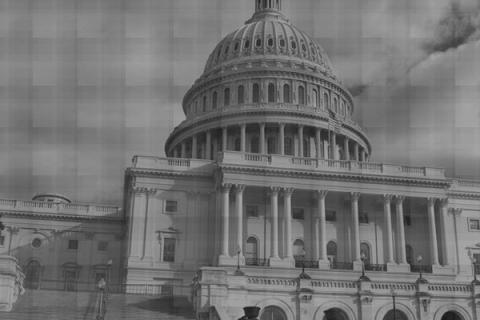The most dangerous icebergs are those that are completely submerged, as ships may not be able to spot them in time. The huge and growing problem of California public pension fund liability has for too long been treated like a submerged iceberg. Many didn't even know it was there. Those who did often kept quiet about it, hoping the problem would somehow magically go away (or perhaps they just wanted to kick the problem down the road a few years in hopes someone else would have to deal with it.) However, that pension iceberg has now popped above the water, in clear view for all to see.
Rather than destroying ships, this iceberg can destroy budgets, something which has become painfully aware to all. All of the California public pension funds are deeply in the hole and cannot possibly meet future obligations. While there may be disagreement about how big the combined shortfalls are, there is no disagreement that they are huge, with numbers well into the hundreds of billions.
How did it get this crazy?
There are multiple culprits including; mismanagement and corruption in the funds themselves, state laws that allow the funds to demand the state make up any pension shortfall, public unions who kept pressing for bigger and better benefits and the Democratic legislators beholden to them, and perhaps most of all, a legislative culture in Sacramento that for years (decades?) has refused to deal with financial matters in a responsible way.
Contrast California's bumbling attempts at pension reform with the Utah legislature. Utah completely revamped its public pension plan in 2010. That's right, they diagnosed the problem, changed to a defined contribution system, and did the whole thing in less than a year. It is troubling that California is unable (or unwilling) to move this fast.
Gov. Brown released a "12 point pension reform plan" last week. Dan Walters of the Sacramento Bee says it is "nothing but fluff" as it deals primarily with pension manipulation and those getting large pensions, as if that's the primary problem, and completely ignores unfunded liabilities. The inescapable conclusion of such a deliberate omission is that Brown does not want to rile the public unions (This is just as myopic as Republicans saying that the budget can be balanced with spending cuts alone and no new taxes).
San Diego is moving to a defined contribution plan which could become a model for the rest of the state. Rather than the current defined benefits plan which means the pension fund and the state must fund whatever the benefits are, a defined contribution plan is like a 401(k). Employees fund it themselves with contributions from the employer. Most important, liability is capped. Thus, the fund and the state no longer have open-ended liabilities.
A suddenly prominent nonprofit run by a Democratic consultant, Californians for Fiscal Responsibility, is positioning itself in the center of the debate and clearly wants to influence policy. It favors a defined contributions plan and just received a large contribution from an out of state foundation to do research. By law, it does not have to disclose who the donor is.
We can expect that California public pension reform will continue to draw national attention, as well as financial contributions.

